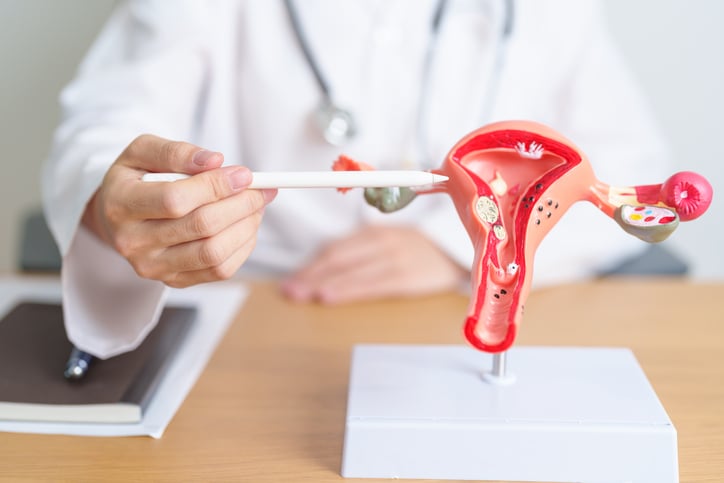HPV (Human Papilloma Virus) is one of the most common viruses often underestimated because it does not cause edivent symptoms. However, knowing how it is transmitted, what consequences it can cause, and what tools exist for prevention is critical to protecting one's health.
HPV constitutes a family of viruses consisting of more than two hundred viral genotypes. Most HPVs cause benign lesions, such as skin warts and condylomata or papillomas affecting the genital and oral mucous memb ranes. Most genital HPV infections regress spontaneously. A small proportion, however, can evolve into cancerous forms if left untreated. In fact, cervical cancer is almost always related to the presence of HPV.
Transmission occurs mainly through sexual intercourse; direct skin-to-skin contact in the genital area is sufficient to spread the virus. For these reasons, the greatest risk factor is unprotected sexual intercourse and a large number of partners, but more complex clinical situations such as a weakened immune system should not be underestimated.
In most cases HPV causes no symptoms and resolves spontaneously within 1-2 years, however as anticipated, it can manifest with more visible symptoms such as genital condylomas and or precancerous lesions. The latter are cellular changes detectable only by screening such as pap smears or HPV tests.
There is no specific antiviral treatment to eliminate hpv, which as mentioned above the body eliminates spontaneously however, to avoid complications, regular monitoring through gynecological, urological or proctological examinations, as appropriate, is useful.
For HPV the most useful and effective weapon is prevention: vaccination screening and safe sex behaviors the recommended means.
Vaccination is recommended for both girls and boys and protects against the major high-risk strains; pap smear and HPV testing, on the other hand, are the examinations that allow early detection of cellular abnormalities.
In case of the presence of cellular alterations, the gynecologist will activate a more thorough diagnostic pathway, which in cases of mild alterations may be only more frequent periodic checkups; in more severe cases surgical procedures to remove or destroy the abnormal cells and prevent evolution into cancer.
HPV is widespread, but through prevention, performed with vaccination and checkups by a specialist, risks can be significantly reduced. If you have any doubts or symptoms, it is important to contact competent specialists to receive an accurate diagnosis and individualized treatments.
